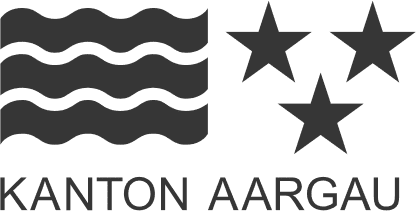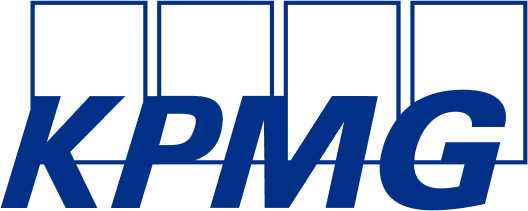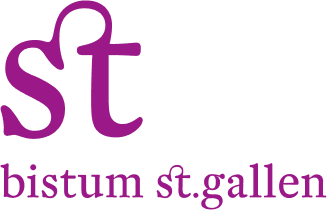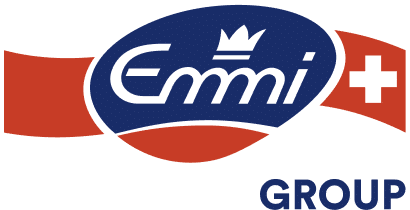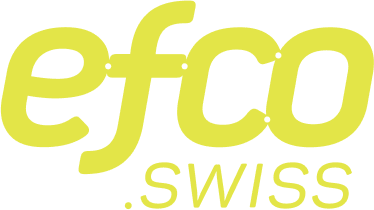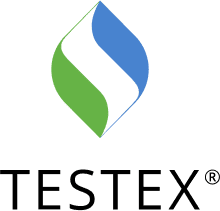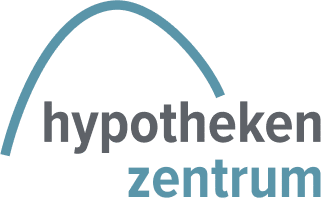In many companies, Digitization begins with a standard tool: quickly installed, cheap to start. But limits soon appear: processes don’t fit, workarounds emerge, interfaces are missing. This is precisely the sticking point: Is it strategically better to invest in custom software now?
Three important points:
- Standard software is immediately usable, but it can restrict your processes.
- Custom software gives you full control over data, functions, and further development.
- Competitive advantages arise when processes are implemented precisely and efficiently.









